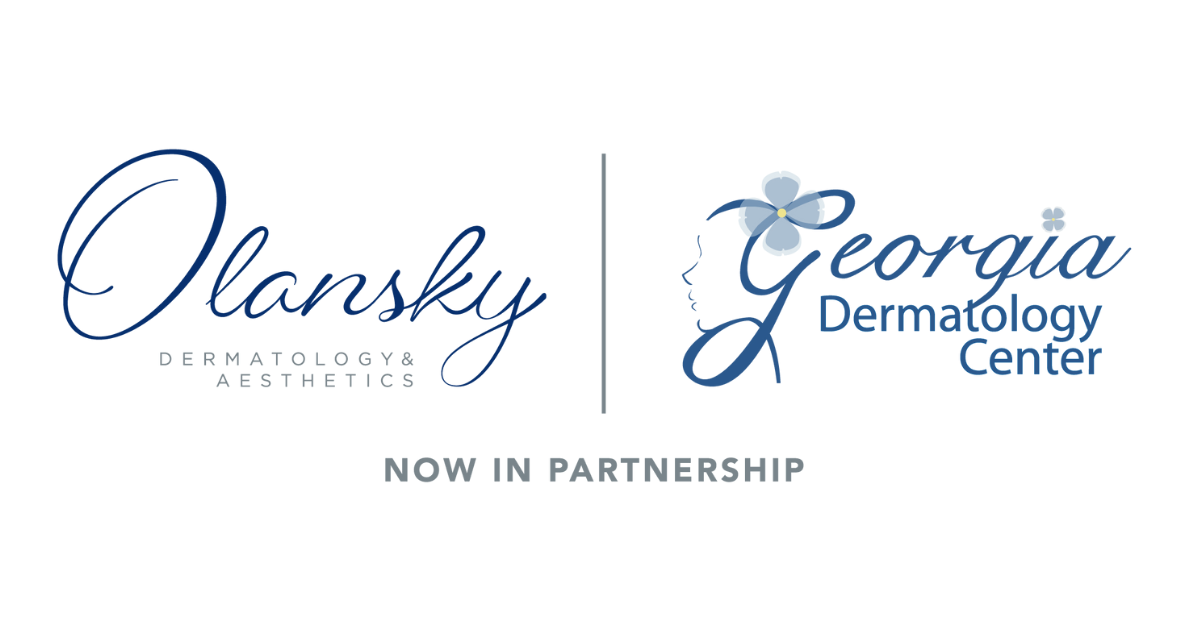If you have a red or flesh-colored lump under the skin that won’t go away, you may have developed a cyst. This is a common condition and generally harmless but you should have it checked at Georgia Dermatology Center in Cumming, GA if the cyst is located in a highly visible area, is subject to irritation on a daily basis, or is inflamed or infected.
A cyst is a general term for any small, painless lumps under the skin. There are many different types of cysts that relate to the skin. The most common are epidermoid cysts. Epidermoid cysts can be made up of a protein called keratin and fat. They usually appear on the face, neck, or upper body, especially the chest and shoulders. They erupt for many reasons, most often because of acne or mild skin injuries. Epidermoid cysts are usually small, from a few millimeters to about 5 centimeters across, and they grow slowly.
Cysts for the most part are asymptomatic (have no problems, they are just visible or palpable). However, cysts can become tender, red, inflamed, sore, and/or infected. If the inflamed or infected cyst is left untreated, it can rupture (pop) with a foul smelling drainage. If you have a lesion that appears inflamed or infected with associated pain, fever, chills — please have it evaluated as soon as possible. Cysts can develop into abscesses which might ignite into cellulitis (infection of the skin tissue), making the patient very sick and uncomfortable.
It is not advisable to “pop” a cyst. This may irritate the cyst and cause unwanted side effects such as inflammation and infection. If a cyst is bothersome, irritated, or it seems to be infected, please have it evaluated.
There are several common treatments Dr. Gross may recommend for your cyst depending on the location, severity, and whether or not it is inflamed or infected.
Oral Antibiotics: Oral antibiotics may be prescribed for inflamed or infected cysts. This is not a treatment option to eradicate a cyst, but to treat the symptoms of inflammation and infection.
I&D (Incise and Drain): This is a surgical procedure in which a small incision is made into the cyst to allow the material to drain. Local anesthesia may be used in some instances.
Cortisone Injection:An intralesional injection with cortisone may be recommended to decrease or shrink the cyst. Typically the cyst will shrink within a few days following the injection. This treatment does not always resolve the cyst and it may recur.
Surgical Removal: This is a surgical procedure performed with local anesthesia. This is the most effective treatment to resolve a cyst; however, the cyst may recur. Surgical removal of a cyst is not performed if there is any evidence of inflammation or infection.
If you have a cyst, make an appointment with Dr. Alexander Gross to find out what course of action is recommended.
References: www.webmd.com
Monday 8AM-4PM
Tuesday 7AM-1:30PM
Wednesday 8AM-4PM
Thursday 8 AM-4PM
Friday 7 AM-1:30PM
Georgia Dermatology Center | 1505 Northside Blvd. Suite 1500 | Cumming, Georgia 30041 | Telephone: (770) 781-5077
Georgia Dermatology Center in Cumming, Georgia provides high quality dermatology services to patients in the North Atlanta area and many of the surrounding communities such as Alpharetta, Johns Creek, Roswell, Milton, Canton, Dawsonville, Suwanee, Buford, and Sandy Springs. With experience and training, our expert physicians and medical staff are dedicated to helping our patients correct skin conditions and diseases, as well as, achieving their beautiful skin goals.
Designed by InkThemes.com







